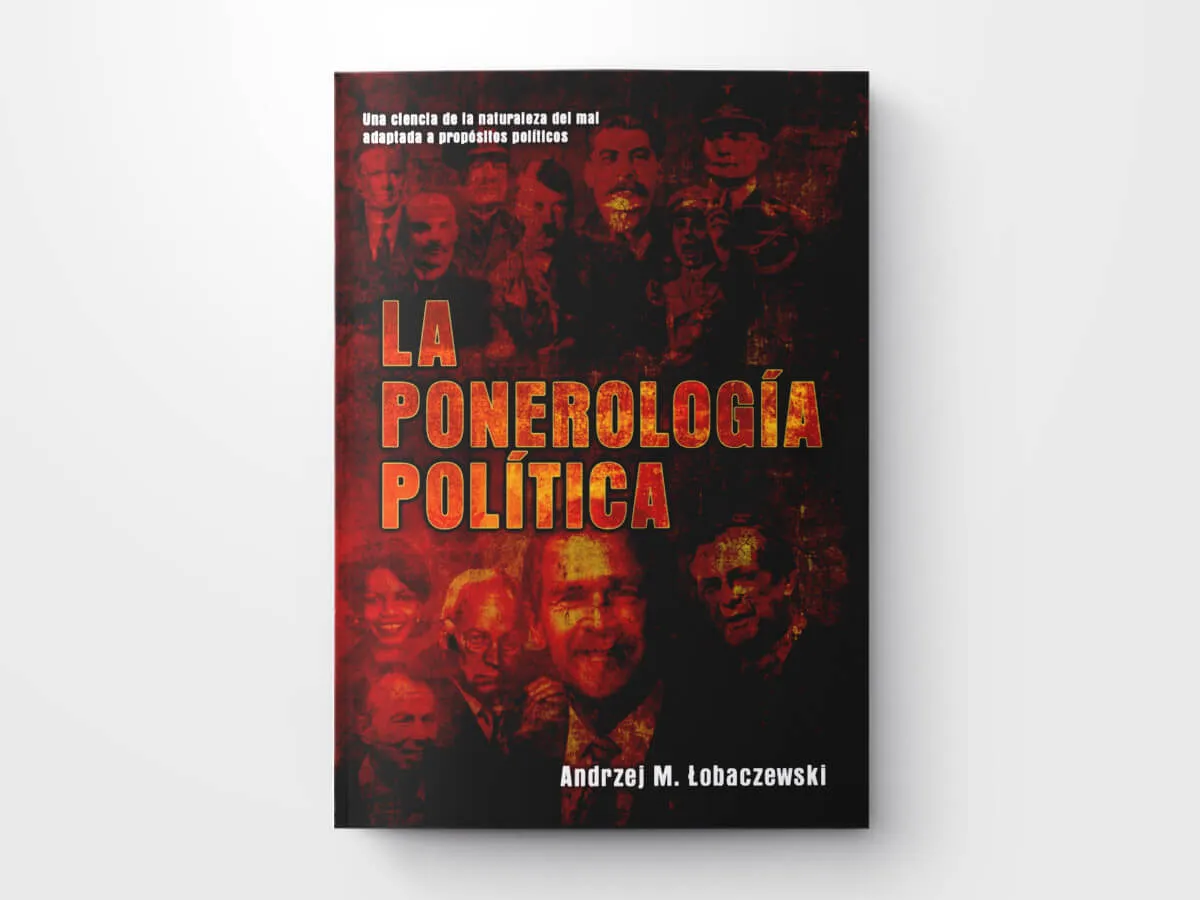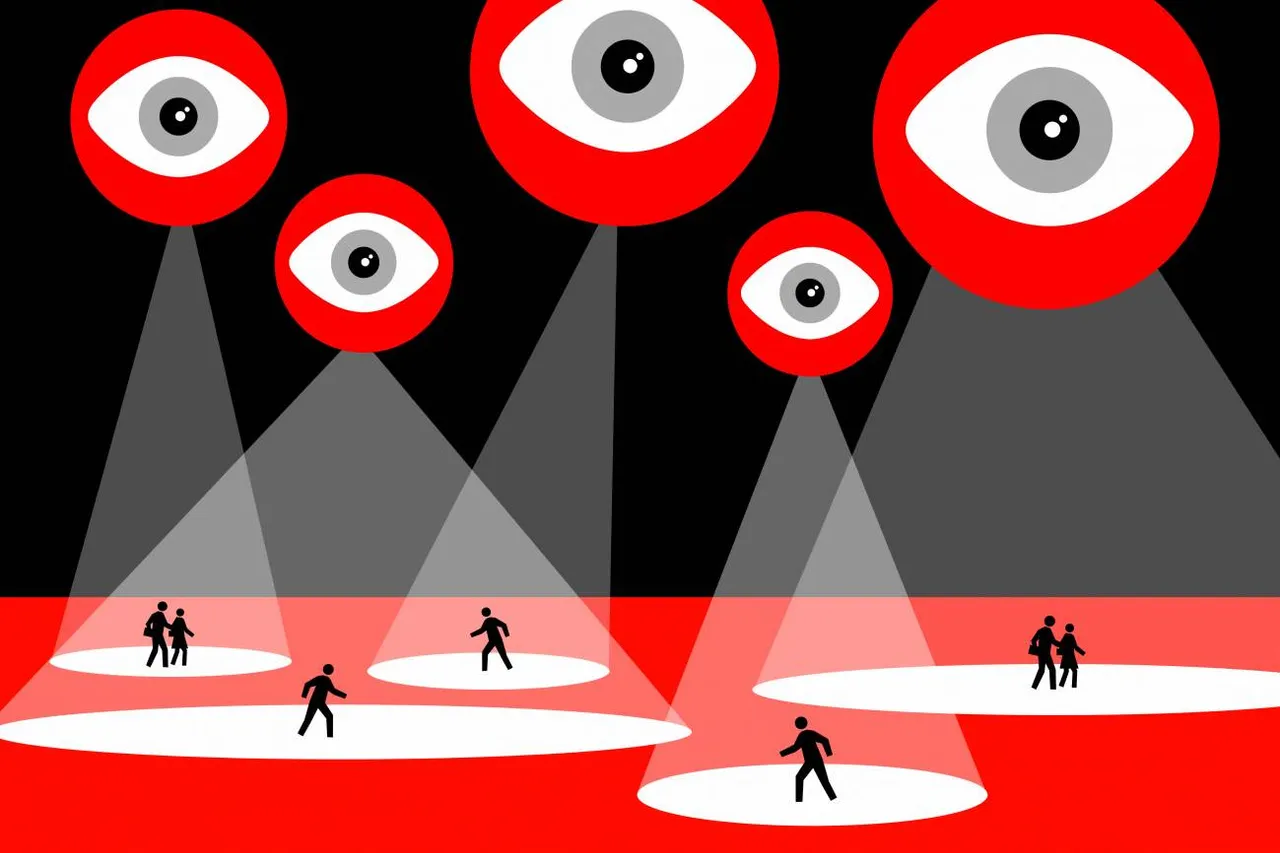
The more this premise is explored, the more obvious the conclusions become. Think about it, how many periods of true peace between peoples have there been in the history of mankind? Hard to come up with an encouraging answer, isn't it? I could include a detailed chronology of almost any period of war between human beings, but although it would be historically accurate, I believe that common sense prevails over the obvious answer. We cannot live without war, without invading, without massacring; or without containing the impulse to destroy, which is as human as being moved by a great work of art.
And the fact is that there has always been a great deal of theorising on this subject. But mainly since the last century. Let us remember, during the hundred years that made up our most advanced history as humanity, we could not resist the "pulse of death", (psychoanalytic theory, coined by Freud) thus inflicting more intentional and traumatic damage among peoples, innocent victims, children, women, the elderly, animals and species in general, than virtually all the previous centuries that preceded the last 122 years. Don't forget, there were two world wars, with an approximate death toll of over 67 million victims. On the face of it, it reads easy enough, but every one of those people had dreams and yearnings; and I don't think it was to be part of this dismal statistic.
Mientras más se indaga en esta premisa, más obvias son las conclusiones al respecto. Piénsenlo, ¿cuántos han sido los períodos de verdadera paz entre pueblos, en la historia de la humanidad? Difícil dar con una respuesta alentadora, ¿cierto? Podría incluir una cronología minuciosa y detallada, acerca de casi cualquier etapa bélica entre seres humanos, pero aunque sería históricamente preciso, considero que el sentido común, se impone ante la evidente respuesta. No se puede vivir sin guerra, sin invadir, sin masacrar; o sin contener el impulso a la destrucción, que nos es tan humano como conmovernos ante una gran obra de arte.
Y es que, sobre este tema en cuestión se ha teorizado y mucho, desde siempre. Pero principalmente, desde el siglo pasado. Recordemos, durante los cien años que conformaron nuestra más adelantada historia como humanidad, no pudimos resistir el "pulso de muerte", (teoría psicoanalítica, acuñada por Freud) de este modo, infligimos más daño intencionado y traumático entre pueblos, víctimas inocentes, niños, mujeres, ancianos, animales y especies en general, que virtualmente todos los anteriores siglos que precedieron a los últimos 122 años. No lo olviden, hubo dos guerras mundiales, con un saldo de muerte aproximado de más de 67 millones de víctimas. A priori, se lee bastante fácil, pero cada una de esas personas tenían sueños y anhelos; y no creo que fuese ser parte de esta estadística funesta.

In this sense, I only include two of the worst planetary conflicts in recent years, but not the only two... We love self-deception, that is another fundamental premise. I say this, because we believe, as a species, that we can learn from our mistakes; so that we don't repeat them in the future and make the world a healthier and smarter place to live in. Therein lies the problem, we have simply never sustained it. That is, we move from self-deception with a hopeful prayer to fiction, believing that it really is a better world today. Perhaps a more interconnected and immediate one, but the "old vices" are perennial. Here's a little opener, a sad one at that...
Now, if there is anyone who has taken the trouble to investigate this tendency to evil within humanity, it has surely been Andrezj Łobaczewski, Polish psychiatrist, and author of a book that I highly recommend, called; "Political Ponerology: A Science on the Nature of Evil Adjusted for Political Purposes", where he shows us why this evil is so prevalent. In fact, he is a pioneer in the study of evil and its applications in politics, within the military environment and the economy. In it, he shows us the concept of ponerology, i.e. the study and application of evil to human life.
En este sentido, solo incluyo dos de los peores conflictos planetarios en los últimos años, pero no los únicos... Amamos el autoengaño, ésa es otra premisa fundamental. Lo digo, porque creemos, como especie, que podemos aprender de nuestros errores; para así no repetirlos en el futuro y hacer del mundo un lugar más sano e inteligente para vivir. He allí el problema, sencillamente nunca lo hemos sustentado. Es decir, pasamos del autoengaño con una oración esperanzadora a la ficción, creyendo que realmente es un mejor mundo el actual. Quizá uno más interconectado e inmediato pero los "viejos vicios" son perennes. A continuación, un pequeño abrebocas, uno realmente triste...
Ahora bien, si hay alguien que se ha tomado la molestia de investigar esta tendencia a la maldad dentro de la humanidad, ése seguramente ha sido Andrezj Łobaczewski, psiquiatra polaco, y autor de un libro que recomiendo totalmente, llamado; "Political Ponerology: A Science on the Nature of Evil Adjusted for Political Purposes", donde nos muestra el por qué de esta maldad. De hecho, es pionero en el estudio de la maldad y sus aplicaciones en la política, dentro del ambiente militar y la economía. En él, nos muestra el concepto de ponerología, es decir el estudio y aplicación del mal para la vida humana.

Characters such as Stalin, Hitler, Tito (in Yugoslavia), Mussolini, Franco, among others, share a common link: psychopathy. But not understood as we usually apply it when it comes to harm, but as the inability to separate oneself from Absolute Power. They are individuals who destroy, through the political channel, the values of a society, and replace it with the culture of hatred and the obsessive search for enmity: one only has to think back and look at the famous policies of these characters, and we will find that there are always enemies and "they must be destroyed".
Also, the psychological aspect, but especially the social aspect, is relevant to understand "the study of evil", proposed by Łobaczewski. A society that participates in the destruction of another, does not become like that overnight, it is part of an ideal, of a plan, which has that end. Totalitarians know this, and they first devote their efforts to the culture of fear, to fostering it and making it accepted, and then go in search of the true and only goal: total destruction. Without hesitation, without distinction and even less remorse. Whatever happens, eradicating this evil is very complicated, because it is apparently hidden within us (as humanity) and we rarely manage to dominate and repress it.
Personajes como, Stalin, Hitler, Tito (en Yugoslavia), Mussolini, Franco, entre otros comparte un nexo en común: la psicopatía. Pero no entendida como la solemos aplicar cuando de daño se trata, sino como la incapacidad de separarse del Poder Absoluto. Son individuos que destrozan, a través del canal político los valores de una sociedad, y la reemplazan por la cultura del odio y la búsqueda obsesiva de la enemistad: solo queda rememorar y fijarse en cuáles han sido las políticas famosas de estos personajes, y daremos con que siempre existen enemigos y "hay que destruirlos,".
También, al aspecto psicológico pero especialmente el social, es relevante para comprender "el estudio del mal", propuesto por Łobaczewski. Un sociedad que participa en la destrucción de otra, no llega a ser así de la noche a la mañana, Es parte de un ideal, de un plan, que tiene ese fin. Los totalitaristas lo saben, y primero dedican sus esfuerzos en la cultura del miedo, en fomentarla y que sea aceptada, para luego ir en busca del verdadero y único objetivo: la destrucción total. Sin titubeos, ni distinciones y menos aún, remordimientos. Pase lo que pase, erradicar este mal es algo muy complicado, porque aparentemente se oculta dentro de nosotros (como humanidad) y rara vez logramos dominarlo y reprimirlo.
This is perhaps an approximation of the truth, of course, but it is evidence that the impulses of domination, enmity and total destruction (annihilation) are as much a part of humanity as is art or the capacity to give and receive love, to cite a simile. In this sense, the inability to control oneself and to learn from mistakes about the horrors of the past is also related to the societies that made that damage possible. For, at the end of the day, these are the perpetrators, albeit led by totalitarian tyrants, textbook psychopaths, to be sure, but this does not exclude them from being the tools of that death wish.

Daniel Goldhagen devotes his entire knowledge as a Harvard professor of Holocaust history to this premise: "Germans, as a society between the late 1920s and the 1940s, were just as Nazi as Hitler. Basically, yes. Although there are many reasons for this social behaviour and the almost non-existent German opposition to Nazism, it is no less true that in the post-war period, this issue was definitively "sealed" and excluded from the "social agreement" of the Germany of the following decades. I allow myself to speculate, perhaps because it was never a stain, but rather a frustration (not being able to fulfil the real objective: the elimination of European Jewry).
Daniel Goldhagen, dedica su conocimiento entero como profesor de Harvard en historia del Holocausto, a esta premisa: "los alemanes, como sociedad entre finales de los 20 y la década del 40', era tan nazis como Hitler" ¿Qué quiero decir con esto? ¿Qué también la sociedad alemana de los 40', fueron culpables de las atrocidades del líder alemán? Básica pero contundentemente, sí. Si bien, hay múltiples razones que explican ese comportamiento social y la casi inexistente oposición de alemanes ante el nazismo, no menos cierto es que en la posguerra, este tema se "selló" definitivamente, y se excluyó del "acuerdo social" de la Alemania de las siguientes décadas. Me permito especular, quizá porque nunca fue una mancha, si no una frustración (no poder cumplir el objetivo real: la eliminación de los judíos europeos).
Con este irrisoria recopilación de la maldad que podemos ejercer, de una cantidad minúscula, eso seguro; quiero enfatizar en lo que serán mis próximas publicaciones: la devastación y maldad de un psicópata contro millones de seres humanos, entre dos pueblos hermanos y vinculados histórica y culturalmente, en beneficio de un plan demente. No me refiero a nadie más, que a Putin. El último sádico y enfermo de poder y dominación, que recientemente ha llenado todos los diarios, coberturas periodísticas y cifras rojas del planeta; y a su ataque contra un país que sencillamente no podía (y aún así lo hace actualmente) defenderse; como Ucrania.
The truth is, evil is innate, self-made, human, as deeply human, as is anything else that gives us a little more pride and less shame, and that is what is really frightening. That we don't seem to learn anything at all, but on the contrary; we perfect more and more, method to continue destroying but in a more efficient way; with less casualties for the perpetrators and more destruction and horror. Cynicism, on the other hand, also seems to be a constant for human beings, unfortunately...
Lo cierto es que, la maldad es innata, propia, humana, tan profundamente humana, como lo es cualquier otra cosa que nos dé un poco más de orgullo y menos vergüenza, y eso es lo realmente aterrador. Que no parecemos aprender absolutamente nada, sino por el contrario; perfeccionamos cada vez más, método para seguir destruyendo pero de un modo más eficiente; con menos bajas para los victimarios y mayor destrucción y horror. El cinismo, por otro lado, también se antoja como una constante para los seres humanos, infortunadamente...
